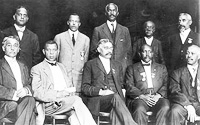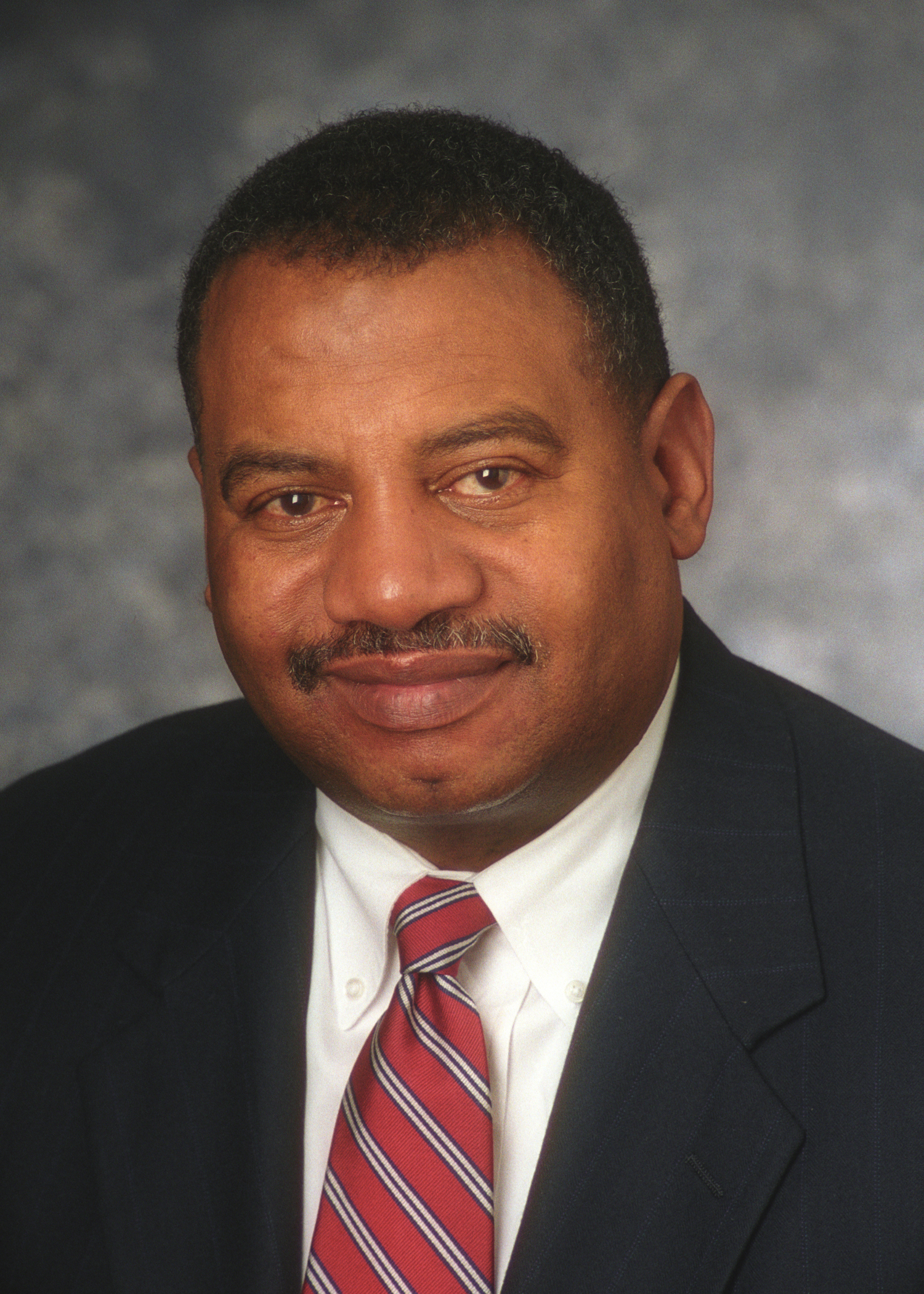Kenneth M. Hamilton
Professor and Director of Ethnic Studies
History
| Office Location |
Clements Hall Room 315, Dallas Hall Room 52 |
| Phone |
214-768-3598 or 214-768-2889 |
Educational Background
Ph.D. Washington UniversityM.A. Kansas State University
B.A. Northwestern Okla. State University
A.A. Cowley County, Kansas, Community College
Awards and Service
Assistant Dean for Faculty Recruitment, 1999-2002Langston Hughes Distinguished Visiting Professorship, University of Kansas, 1999
Chair, Nominations Committee, Association for the Study of Afro-American Life and History, 1999
Journal of Negro History Editorial Board, 1997
Kansas History Editorial Board, 1997-present
Program Chair, Annual Conference, Association for the Study of Afro-American Life and History, 1996
Evaluation of applications for 1996-97
National Endowment for the Humanities Fellowships, 1995



Books and Essays
- Booker T. Washington in American Memory, University of Illinois Press, 2017
http://www.press.uillinois.edu/books/catalog/24rwh4gx9780252040771.html - Black Towns and Profit: Promotion and Development in the Trans-Appalachian West, 1877-1917, University of Illinois Press, 1991
- "White Wealth and Black Repression: Blacks in Harrison County, Texas, 1865-1868," The Journal of Negro History, 1999
- “African Americans After Reconstruction and During the Booker T. Washington Era” in The African American Odyssey: A Quest for Full Citizenship, Library of Congress exhibit catalog, 1997
- Introduction to The Records of The National Negro Business League, University Publications of America, 1995
- "The Origin and Early Promotion of Nicodemus" in Nicodemus, Kansas, ed. J. Keith Everett, A.I.A. United States National Park Service, 1985
Work in Progress
I am in the process of researching for a book length study concerning African Americans living in the former Confederate States who participated in the United States Department of Agriculture Cooperative Extension Service’s 4-H clubs. I am focusing on the years between the years of 1908 and 1945. During those years, this United States Government sponsored organization included more boys and girls than any other formal association. Millions of Americans affiliated with 4-H clubs, including several hundred thousand black youth and volunteers. For over thirty years, 4-H clubs helped to shape the values, perception, aspirations, experiences of more southern black youth than any other entity.
